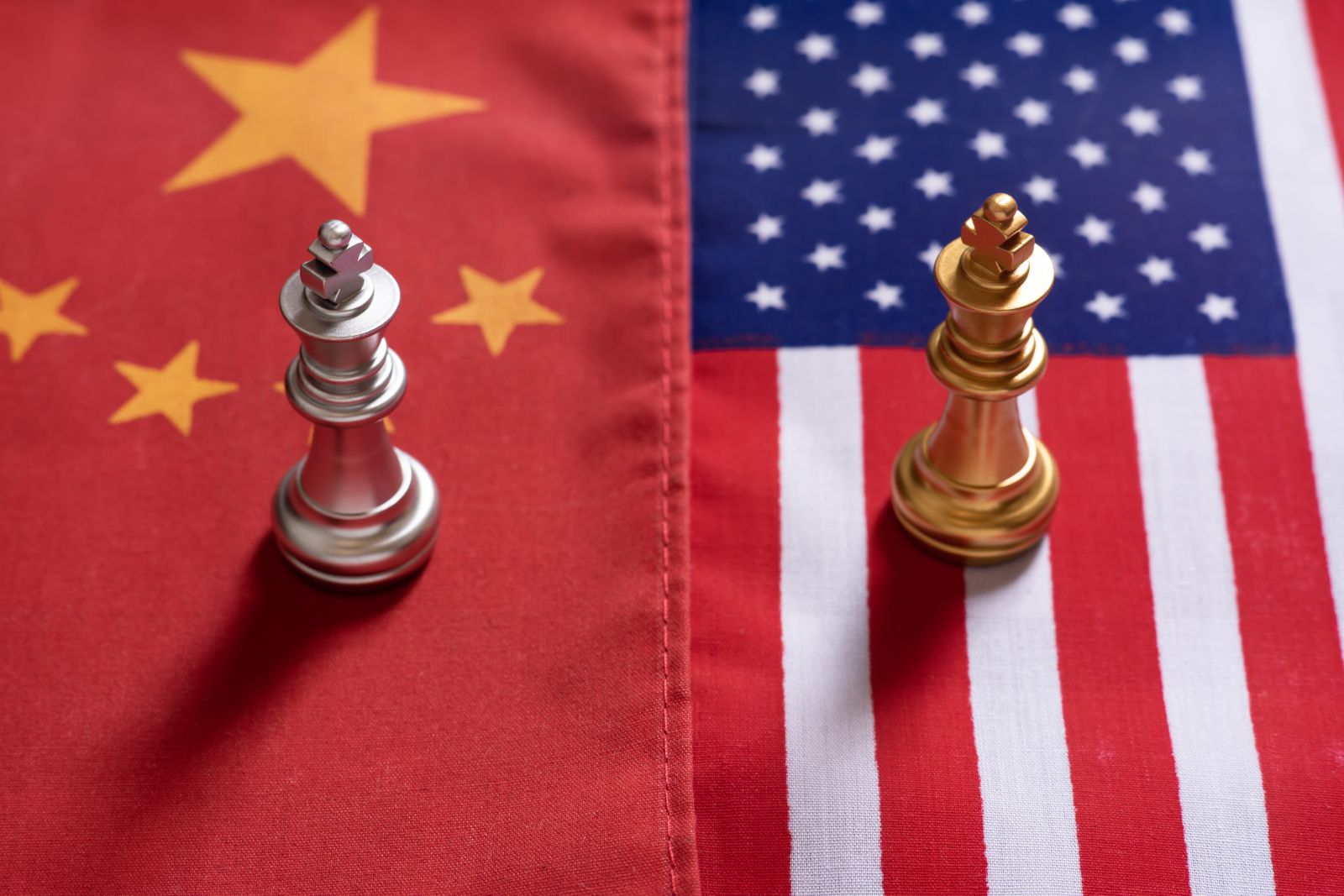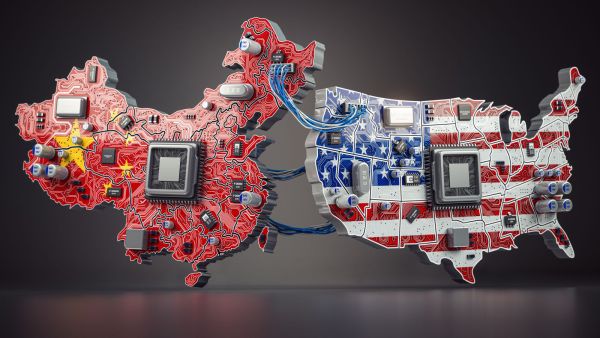ALBAWABA – A Chinese chip designs that is partly owned by the top US-sanctioned chipmaker in the People’s Republic is purchasing software from the United States (US) and has American financial backing, circumventing US China bans, Reuters reported Thursday.
Brite Semiconductor provides chip design services to at least six Chinese military suppliers and is partially owned by SMIC, who owns the second largest stake in the company.
Semiconductor Manufacturing International Corporation, SMIC, which holds a 19 percent stake in Brite, has long been in Washington's crosshairs.
The Trump administration added it to a list of "military end users" in November, 2020.
But this Reuters investigation uncovered that Brite boasts funding from a US venture capital firm backed by Wells Fargo and Biola University, despite SMIC’s holdings.
The investigation is based on company statements, regulatory filings, tenders and academic articles by People's Liberation Army (PLA) researchers and institutions found.
Accordingly, Reuters reported that Brite has continued access to sensitive US technology from two California-based software companies, Synopsys and Cadence Design, despite US curbs. Not to mention the sanctions imposed on SMIC.
Last October, the US announced rules to curb US exports of chips and chipmaking tools to China. And in august, the US banned specific new US investments in the sector.

Chinese chip firm backed by American money, tech circumvent US China bans - Shutterstock
Those are just some of the measures the US enacted to curb support for Beijing's semiconductor industry, including listing dozens of Chinese companies on a blacklist of sorts, called the “entity list”.
However, this latest Reuters finding brings to light the difficulties facing Washington and the Joe Biden administration as they attempt to stop the flow of technology and investment to Bejing's chip sector. Especially since Reuters had “found no evidence that Brite’s relationships with US firms violated any regulations”, which points to potential loopholes in the US China bans.
When Reuters reached out, Brite did not respond to requests for comment. Nor did the US Commerce Department or the White House.
However, the Chinese Embassy in Washington did accuse the US of "blatant economic coercion and bullying in the field of technology."
This suggests the US will struggle to succeed in curbing the flow of American support and funds to China, unless it targets many more companies that have slipped under its radar.
Brite Semiconductor, founded in 2008 as a joint venture between US venture capitalists and Chinese firms, has longstanding ties to SMIC, which was Brite's largest shareholder until last year.
Beyond its links to SMIC, Brite sells its chip design services to Shanghai-based ComNav Technology, which makes satellite navigation systems for the Navy and the Strategic Support Force.
The latter is a PLA unit that oversees information, electronic, and cyber warfare, according to a Reuters review of articles authored by PLA researchers and military tenders.
Brite accounted for over 71 percent of ComNav's total prepaid procurement bill, payments to suppliers made in advance, at the end of last year, according to a prospectus filed by ComNav in June.
Meanwhile, California-based Norwest Venture Partners, whose stake in Brite is 99.7 percent backed by funds from Wells Fargo Bank, is the largest US investor in Brite.

Chinese chip firm backed by American money, tech circumvent US China bans - Shutterstock
Norwest participated in multiple capital raises, at over $66 million, and held a board seat until 2020, Reuters reported. Its stake could be worth nearly $34 million, based on the IPO valuation Brite is seeking. Though Wells Fargo declined to comment.
Norwest said its initial investment was made 15 years ago and has been "held in compliance with applicable laws." "The regulatory environment is changing, and we’re committed to following new regulations as they become effective,” the firm added.
Biola declined to comment on its investment in Brite, but foreign investment lawyers told Reuters that Norwest and Biola will not be breaking any new rules regarding restrictions on investments in China. Because those measures will not hit pre-existing investments, Reuters reported them as saying.
Brite's relationship with SMIC may also affect its financial future in China. Brite, which saw revenue growth of 36 percent last year to 1.3 billion yuan ($178.83 million), is seeking to list its shares on the Shanghai stock exchange, according to the Reuters report.
But in October, the exchange suspended the process, seeking more information about Brite's independence, citing questions as to whether SMIC is taking advantage of its position to overcharge Brite.
SMIC is Brite's top supplier and part owner.
The exchange, which is set to review Brite's listing on December 18, asked Brite to clarify why SMIC sold it wafers, or silicon discs, at a higher-than-average price.
Brite said in a filing on Monday that wafers are highly customized products whose prices are affected by the size of a purchase and supply and demand.
Regardless of the stock exchange's final decision, the Reuters report suggests that Brite will likely continue to enjoy access to US tech and investment, despite SMIC's addition to the entity list.









